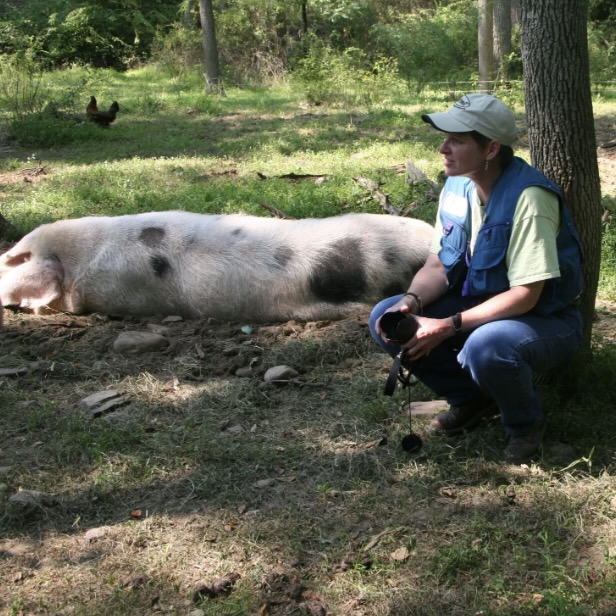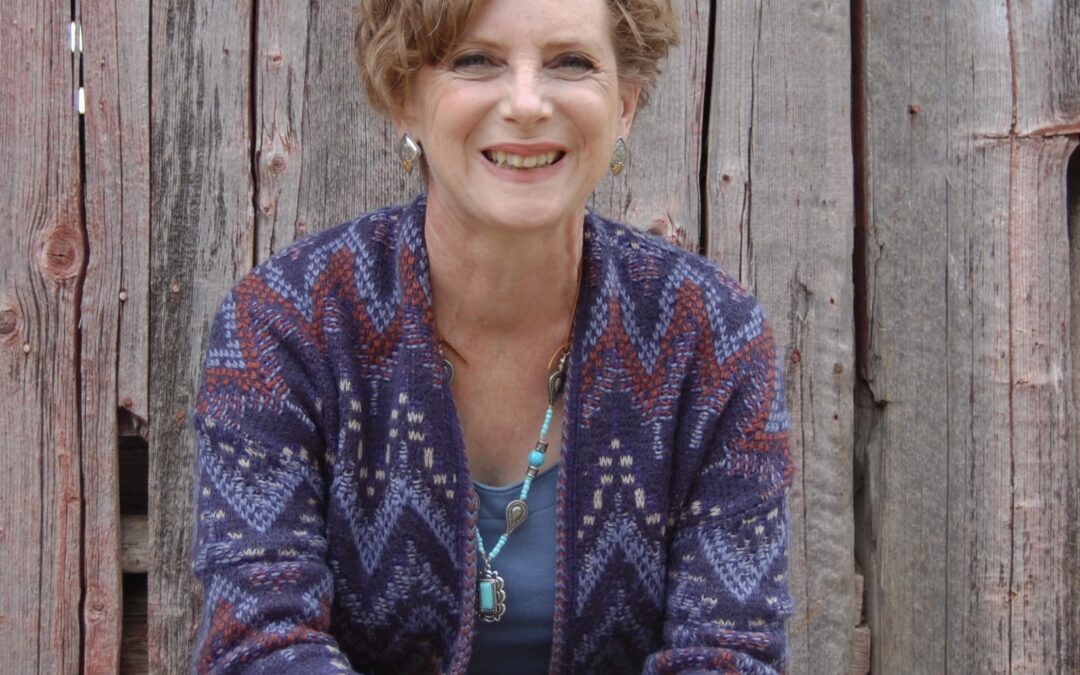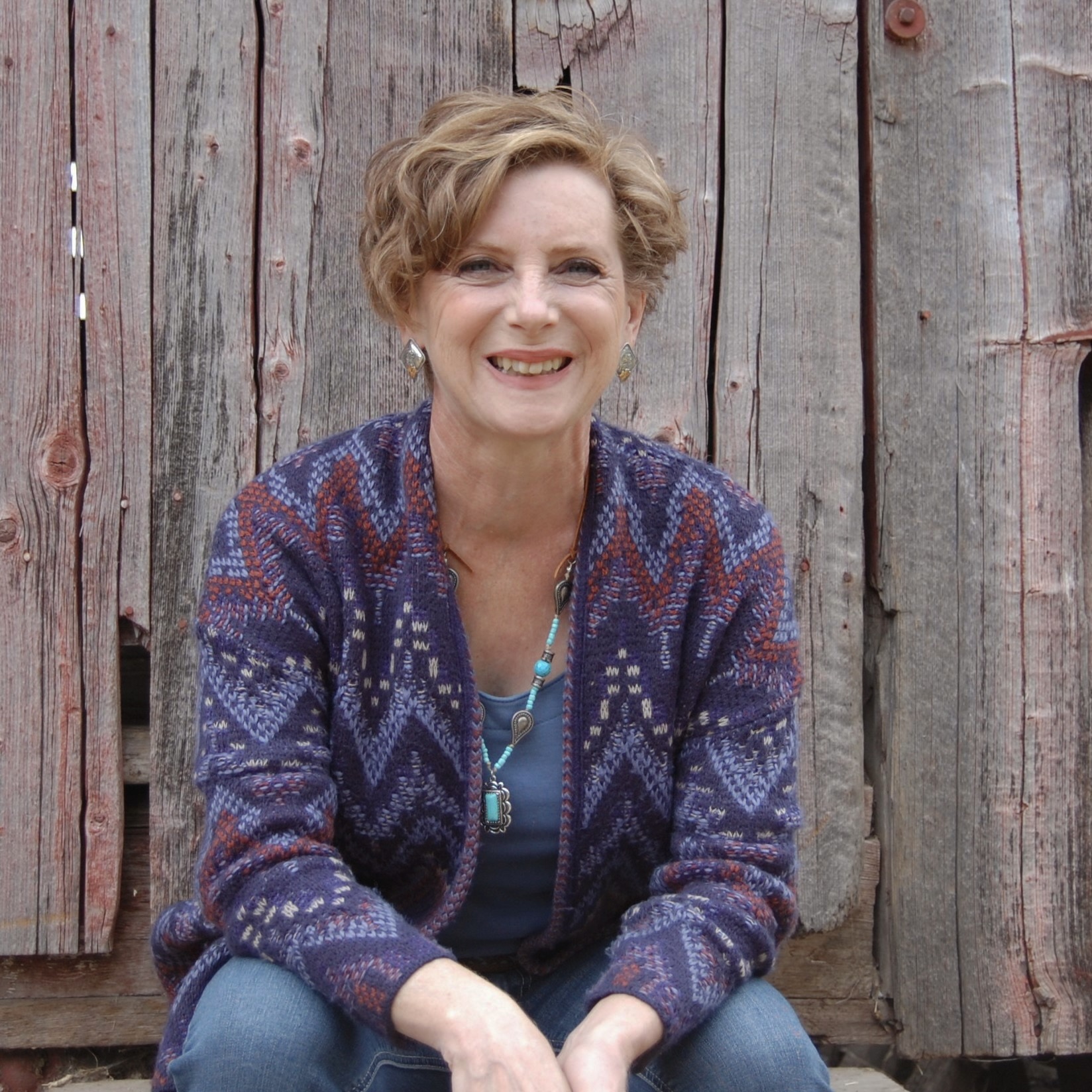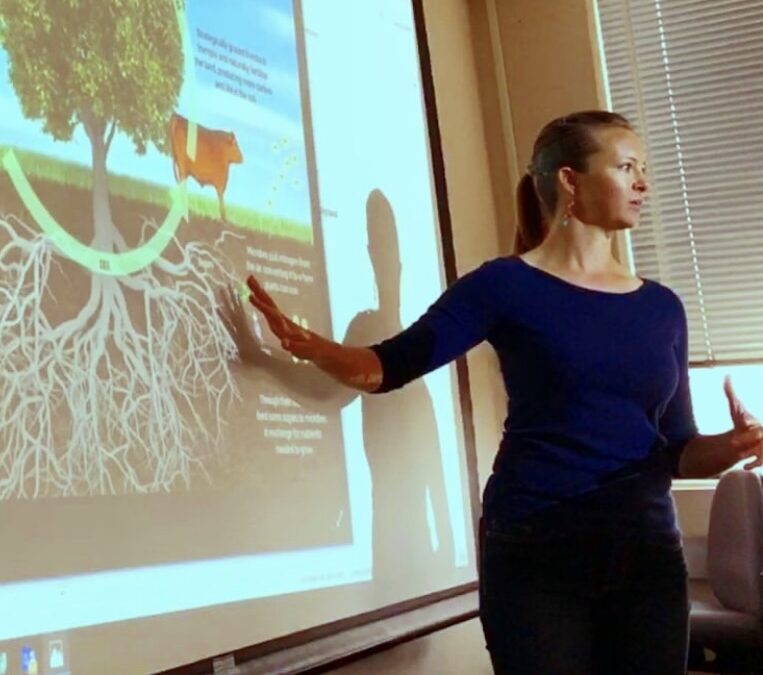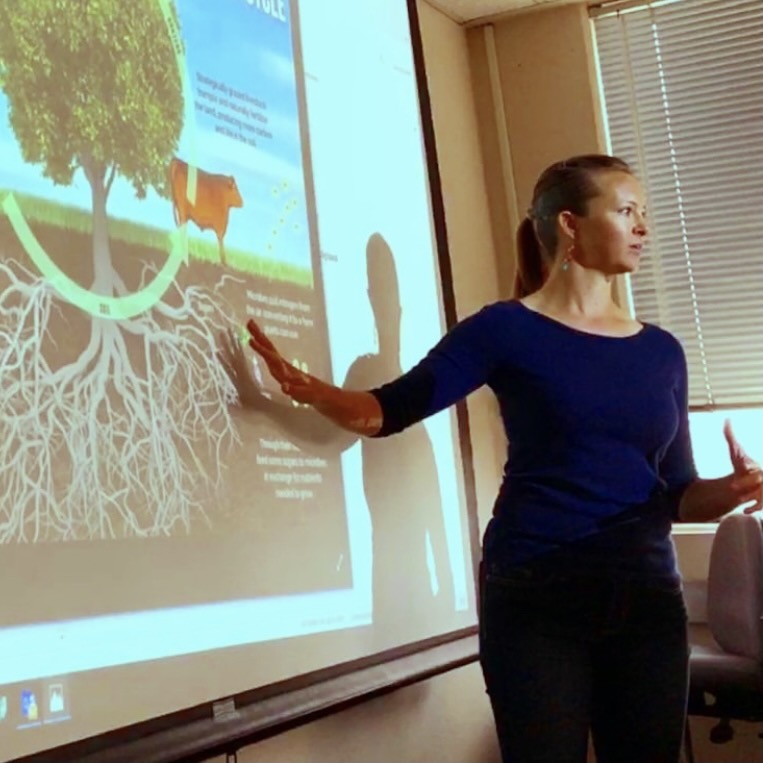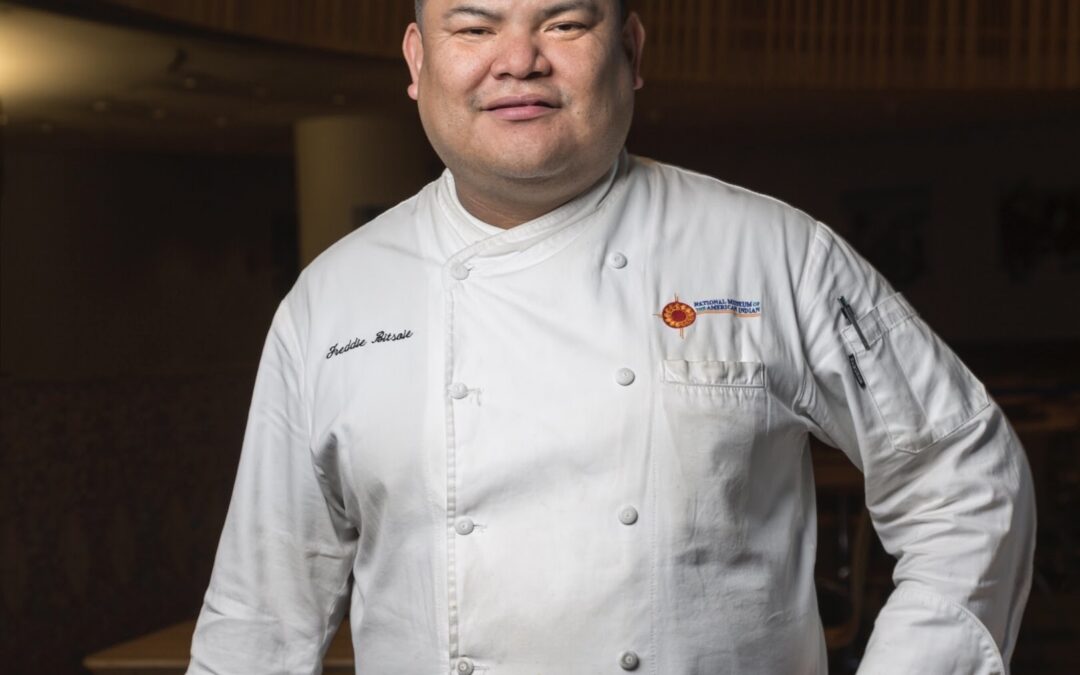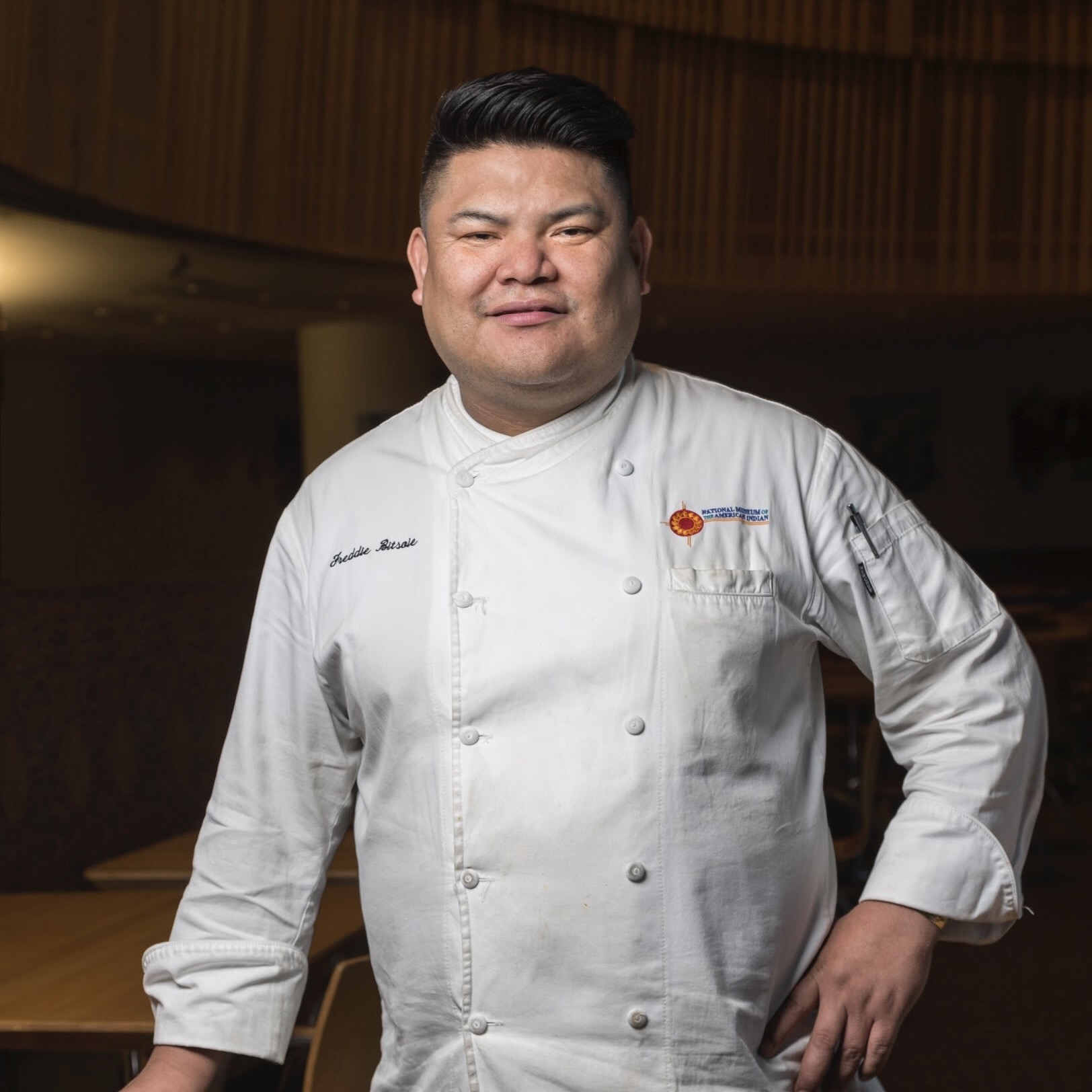
Eva Moss
Eva Moss
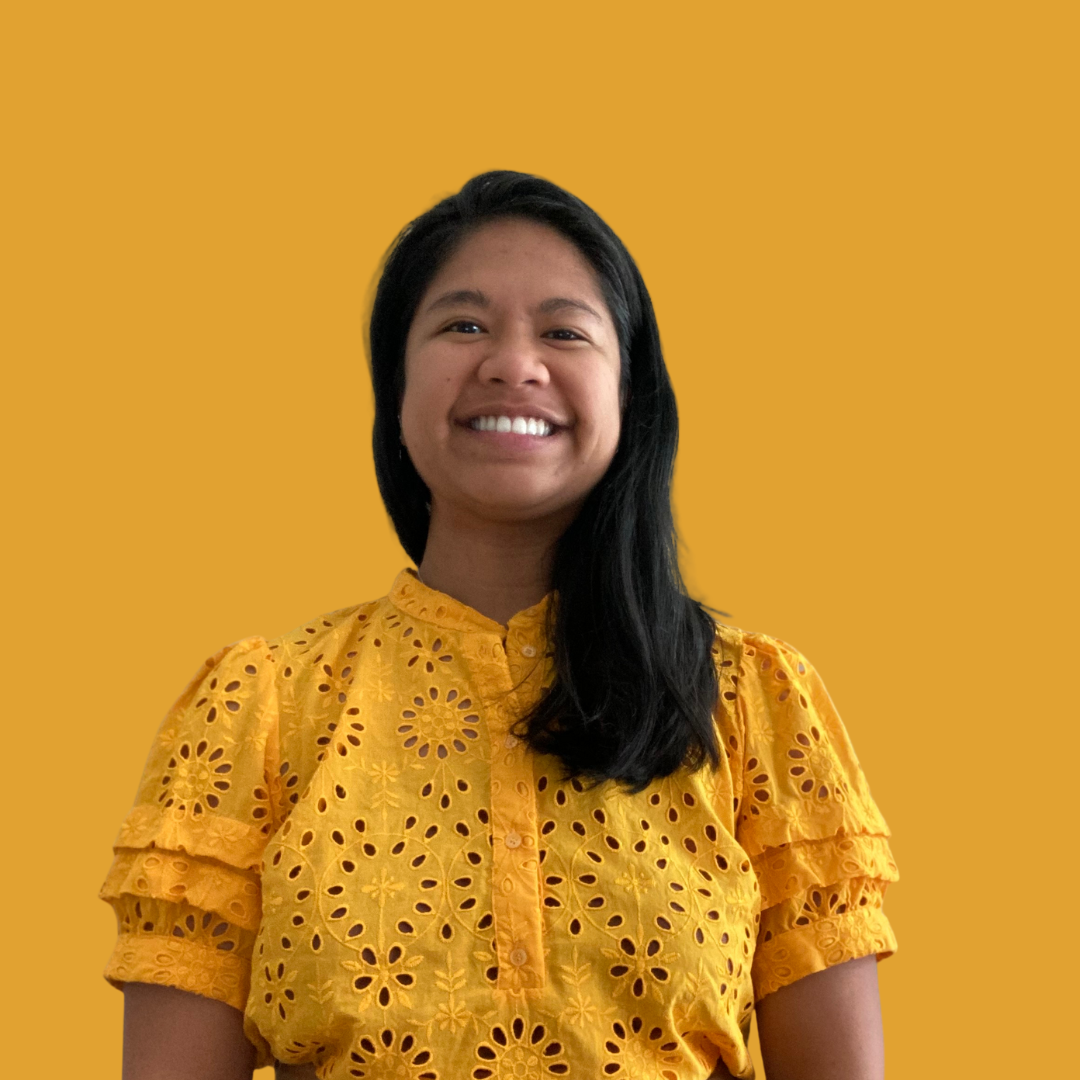
Eva Moss (she/her) is the Farm Commons Education Program Director and leads the development of Farm Commons’ educational curriculum, ensuring that workshops empower the agricultural community with critical knowledge and skills. Eva has ancestral farming roots stretching from the island of Samoa to Southern Appalachia. She holds a Master’s degree in Food and Agriculture Law and Policy from Vermont Law School and a Bachelor’s degree in Anthropology from Sewanee: The University of the South. She has taught food policy courses at Guilford College for the Sustainable Food Systems department and has operated her own small farm business in central North Carolina. She is passionate about guiding farmers and ranchers nationwide through our programming, connecting them with knowledge and tools that cultivate healthy farm business relationships.
Webinar Week
5 Steps to Protect Your Farm, Legally Speaking
